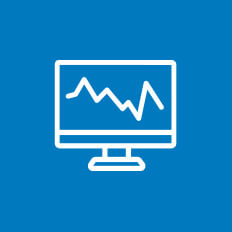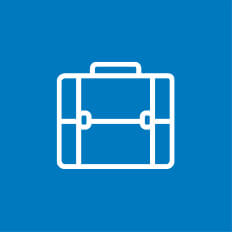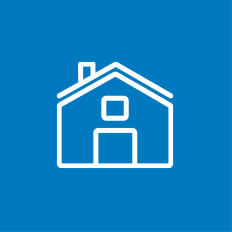Brokerage fees are the fees charged by a broker to perform a trade on your behalf. You pay these every time you buy or sell shares in stocks, mutual funds or ETFs. You also pay these when you buy or sell bonds and other types of securities. Brokerage fees for buying (or otherwise opening an investment position) and selling (or otherwise closing a position) the same investment position are identical. Brokerage fees are typically the fee which has the biggest impact on trading costs.
The size of brokerage fees varies between trading platforms. In some cases, you pay a flat fee per trade, but in most cases brokerage fees are charged as a percentage of transactions. The higher the value of the securities being transacted, the higher the brokerage fee is. Depending on the broker you use, the size of the trade and the kind of security being traded, brokerage fees can be far in excess of 1000 francs.
The moneyland.ch online trading comparison automatically shows you how much you will pay in brokerage fees based on your trading profile.






